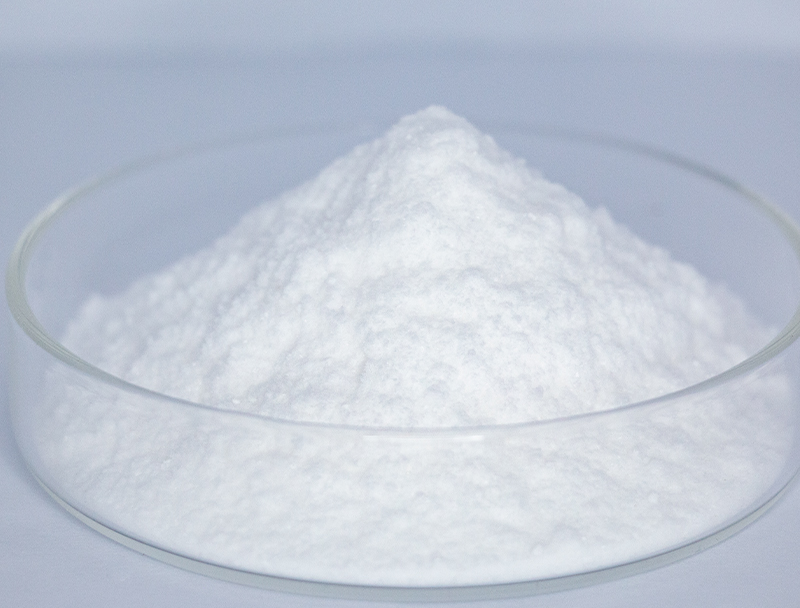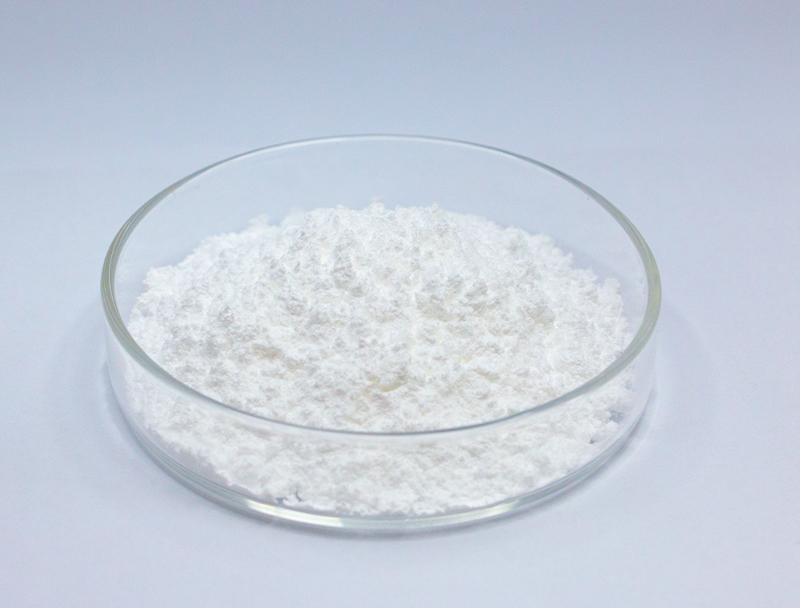high-assay low-ash-content materials assay tested gamma-aminobutyric acid

Biomanufacturing relies heavily on a comprehensive selection of feedstocks to produce innovative bio-based products.
Maintaining responsible procurement of such inputs is paramount for the long-term viability and ethical growth of the industry.
many concerns related to standard raw input procurement for example habitat harm and overextraction of resources. Accordingly, manufacturers should embrace green sourcing tactics to shrink their ecological impacts.
- Models of sustainable material sourcing include:
- Utilizing renewable feedstocks derived from agricultural byproducts
- Integrating recovery systems to shrink waste while improving throughput
- Forging alliances with neighborhood suppliers supporting green sourcing
The transition to greener sourcing offers both planet-friendly outcomes and business advantages.
Refining Biomass Sources to Enhance Fuel Conversion
Enhancing biofuel output is grounded in superior feedstock characteristics. Investigators regularly test new routes to upgrade biomass inputs, delivering enhanced conversion and a more resilient energy mix. This involves genetic modifications to increase biomass production, as well as pretreatment techniques that break down complex plant materials into more readily fermentable sugars.
- Likewise, initiatives explore candidates such as algal biomass, process wastes, and agricultural leftovers to extend sustainable feedstock availability for fuels.
- Owing to ongoing work the biofuel domain is primed to reach substantial milestones advancing renewable energy adoption.

Next-Generation Upstream Methods in Biopharmaceuticals
covers the early phases of biopharma production including culturing and biological harvesting Recent progress has advanced techniques that maximize productivity and increase output.
Significant developments incorporate advanced biological platforms, tailored medium blends, and precision reactor engineering. The improvements increase output while decreasing cost structures and sustainability impacts.
- Furthermore, there is a growing trend towards continuous processing in upstream processing, allowing for increased flexibility over the production process.
- The adoption of higher-tech manufacturing practices will likely disrupt traditional models and speed therapeutic launches.

Advances in Gene Editing to Boost Therapeutic Production
progresses in gene editing technologies, such as CRISPR-Cas9, have revolutionized the production of biopharmaceuticals. By accurate genomic tuning, developers enhance yields of critical biopharmaceuticals. The approach may facilitate scalable, low-cost therapeutic production for numerous diseases.
Applying Microbial Tools to Improve Environmental Remediation
forward-looking microbial interventions for environmentally friendly decontamination. Microorganisms possess the remarkable ability to degrade and transform harmful pollutants into less toxic substances.. Leveraging microbial biotransformation promotes sustainable remediation that curbs industrial environmental impacts.. Scientists evaluate varied microbes for potential to remediate metal contaminants, pesticide compounds, and oil-derived pollutants.. These microbes operate in engineered systems or direct environmental applications to metabolize and remove contaminants.
Employing microbial strategies for remediation provides multiple benefits versus traditional techniques. These methods are economical and eco-conscious while reducing hazardous secondary waste. Additionally, microbial tactics can target contaminants selectively while preserving surrounding ecological systems. The field of microbial biotechnology continues to advance rapidly, with ongoing research focused on improving the efficiency and effectiveness of bioremediation strategies.
Data-Driven Approaches for Therapeutic Development
Digital bioinformatics methods are central to evolving therapeutic discovery processes. From identifying potential drug candidates to optimizing their efficacy and safety, bioinformatics enables a more efficient and data-driven approach.
- By parsing huge omics and clinical databases, bioinformaticians detect targets and estimate therapeutic responses.
- Also, in silico modeling of molecular interactions accelerates optimization toward more selective therapeutics.
- Ultimately, informatics is transforming R&D and shortening timelines to deliver safe, efficacious therapies to patients.
Engineering Cellular Pathways for Improved Bioproduct Output
deploys several tactics to elevate cellular production of valuable biochemicals. Methods might combine targeted gene changes to rechannel flux, regulatory element design to control expression, and exogenous gene introduction to provide fresh capabilities.. Through strategic metabolic edits practitioners can markedly increase the synthesis of target products.
Such holistic engineering could impact many areas including medical therapeutics, agricultural outputs, and biofuel production.

Industrializing Biopharmaceuticals: Risks and Rewards
Transitioning to higher volumes entails serious complications and potential rewards. Preserving batch-to-batch quality when scaling up is a key challenge. Solving it involves resilient control frameworks, high-resolution monitoring, and modern analytical tools.

Process intricacy spanning various stages creates significant scale-up complexities.. Refining processes for commercial volumes demands deep R&D investment and novel engineering solutions.. However, the potential rewards are substantial. β-Nicotinamide Mononucleotide Achieved scale can widen availability of treatments, lower manufacturing costs, and boost financial returns.
A series of measures are underway to confront these obstacles. Programs comprise advanced optimization systems, real-time process monitoring tools, and innovative production strategies.
- Developmental projects contribute critically to scaling manufacturing competency.
- Oversight institutions are updating guidelines to ease approval of manufacturing advances and catalyze innovation.
Exploring Approval Frameworks for Biopharmaceutical Safety and Effectiveness
Bringing biologics to market involves rigorous regulation designed to protect patients and confirm therapeutic benefit. Biopharmaceuticals, often derived from biological sources, present unique challenges compared to traditional medications.
Authorities including the FDA and EMA implement guidelines and thresholds to assess and approve novel biologic products.
Extensive evaluation procedures are essential across development phases, spanning preclinical work to post-market checks.. The processes aim to expose risks and ensure that treatments meet exacting safety benchmarks.
Also, governing institutions evolve their strategies to respond to swift advances in biopharmaceutical science.. Strategies include welcoming technological advances and simplifying development while prioritizing patient safety.

Plant-Origin Feedstocks in the Production of Bioplastics
Growing emphasis on eco-conscious materials catalyzes research into plant-based options. Plant-derived biomass as input for bioplastics represents a practical route toward greener materials. Renewable inputs including cornstarch, cellulosic matter, and sugarcane biomass can be processed into biodegradable plastics that minimize long-term pollution.
Likewise, some plant-derived plastics perform similarly to petroleum-based materials for a variety of uses.. Persistent innovation will be key to advancing plant biomass into mainstream bioplastic manufacturing for a circular future.
Biotech Contributions to Global Health and Crop Productivity
Biotech innovations hold promise to dramatically impact health and the reliability of food systems. Applying targeted genetic edits, synthetic biology frameworks, and cellular therapeutics, practitioners produce measures to address infectious disease, boost harvests, and upgrade nutritional content.. As an example, crop genetic improvements for pest and stress resistance help boost production and cut dependence on chemical pesticides.. Similarly, biotech contributes advanced vaccines, antimicrobial strategies, and diagnostic techniques crucial for infectious disease management and health advancement.. With persistent development, biotech stands to offer transformative solutions for global health and long-term food security.
